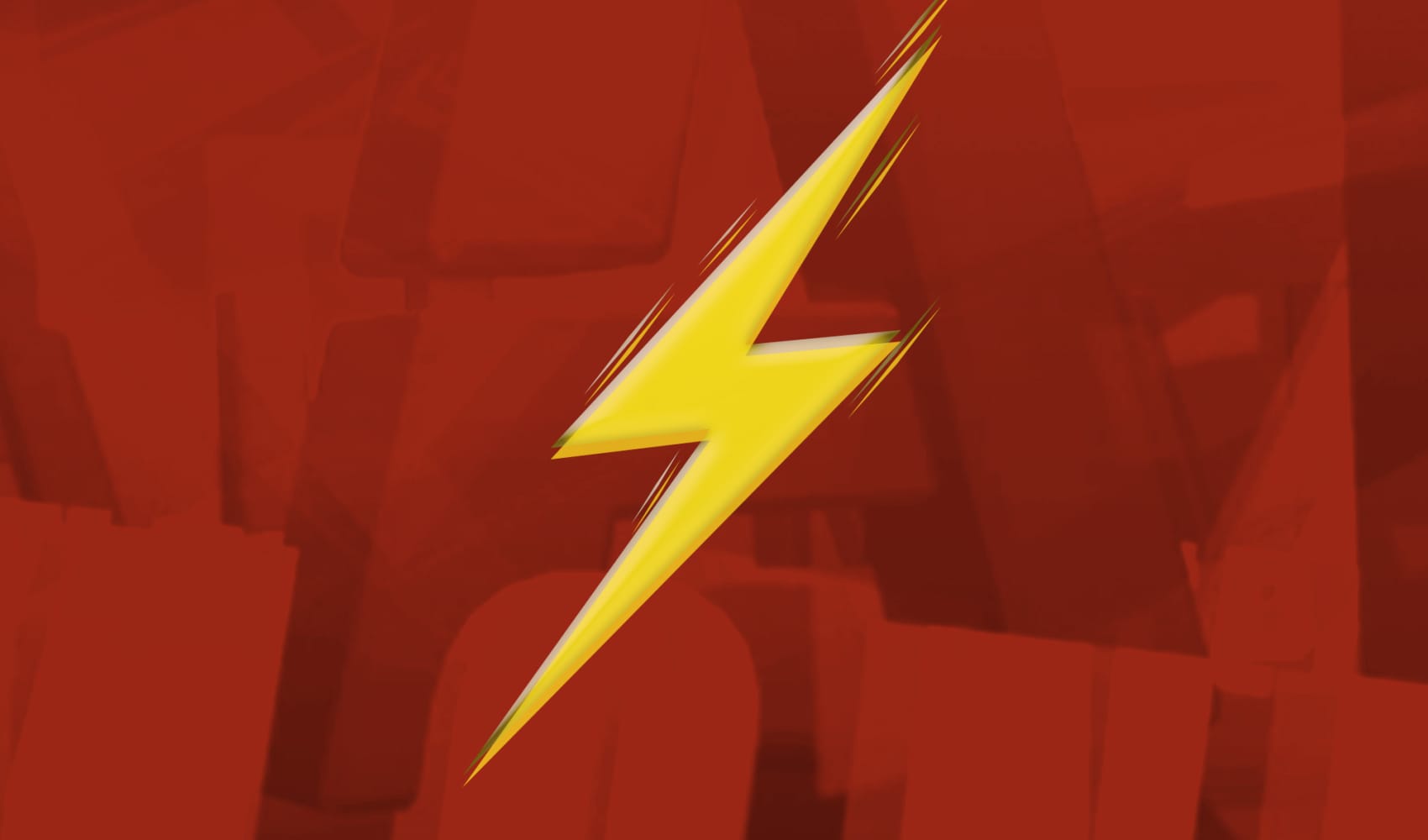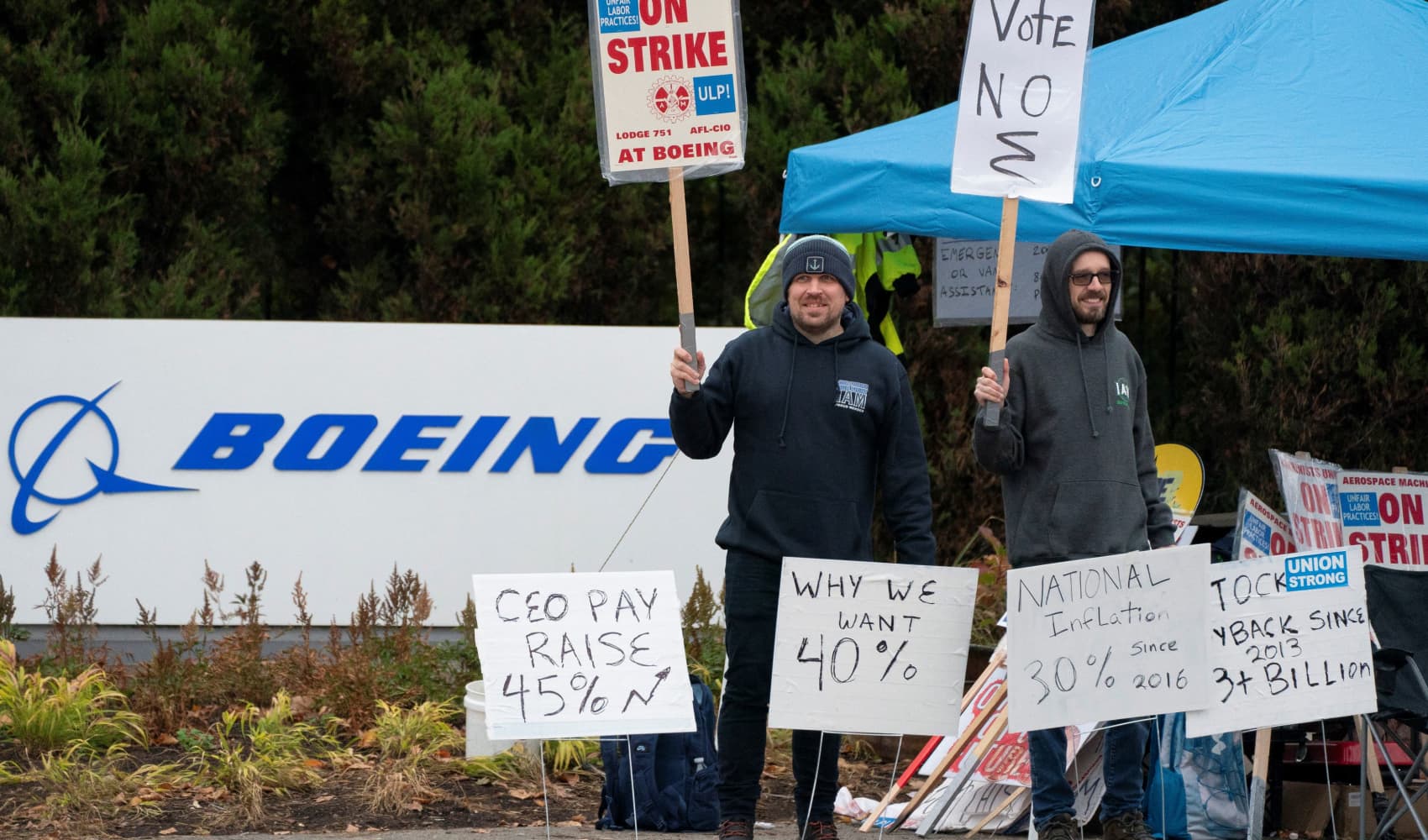
- The Federal Trade Commission won't back down in the face of intimidation from better-resourced opponents, said Chair Lina Khan in an exclusive interview with CNBC, her first on-camera sit-down.
- Khan personally has faced pushback from Amazon and Facebook in particular, which petitioned for her recusal from antitrust matters involving their businesses.
- She said her agency has a duty to consider which cases could have a deterrent effect on other potentially unlawful conduct.
The Federal Trade Commission won't back down in the face of intimidation from better-resourced opponents, said Chair Lina Khan in an exclusive interview with CNBC Wednesday, her first on-camera sit-down.
Khan said it takes "courage" to take on companies with immense power, especially in the face of the FTC's own resource challenges that force it to narrow the scope of its enforcement capabilities.
"We're really showing these companies, but also showing the country, that enforcers are not going to back down because of these companies flexing some muscle or kind of trying to intimidate us," Khan told CNBC's Andrew Ross Sorkin and Kara Swisher, host of The New York Times' "Sway" podcast. "I think those are the types of lessons that we're trying to learn looking back over the last decade."
Under her leadership, the FTC has taken steps to show its resolve against big business. The agency filed an amended complaint against Facebook on antitrust charges after its earlier one was dismissed, and this time it was allowed to advance. And in the face of a historic merger surge, the FTC has also signaled it will impose tougher sanctions on firms that pursue anticompetitive mergers, like requiring prior approval for future transactions in settlements.
Khan personally has faced pushback from Amazon and Facebook in particular, which petitioned for her recusal from antitrust matters involving their businesses. They argued that Khan's past statements and work for the Open Markets Institute and the House Judiciary subcommittee on antitrust investigating tech firms, indicated she had prejudged their liability.
Money Report
Khan also made a name for herself in academic circles through her 2017 Yale Law Journal article "Amazon's Antitrust Paradox," which argued for a more expansive interpretation of antitrust laws when applied to digital markets.
Just last week, a judge in the FTC's antitrust lawsuit against Facebook affirmed that Khan did not need to recuse herself from the vote to file the amended complaint in the suit, ruling that she was not acting in an adjudicatory role. Khan said it was "terrific" to see the judge respond in that way.
Khan credited the forceful approach of some of these firms with the standards they had gotten used to from law enforcement historically. She said while they experienced "lighter touch treatment in the past," they're now responding to a pileup of enforcement actions.
Khan declined to throw her weight behind any particular bills that would reform antitrust law that are being considered in Congress, but she supported additional resources for the agency and generally welcomed congressional action to minimize certain hurdles enforcers must consider in bringing cases.
As it stands, Khan said the agency does have to choose its workload wisely, which often involves trade-offs about what it can pursue. Given those constraints, the question of which enforcement actions could have a deterrent effect becomes an important one, she said.
"We have to make very difficult choices about which billion-dollar deals we're going to ensure we're closely investigating, but there are very real trade-offs in terms of what that work is going to come at the expense of," she said.
"What are instances in which certain types of actions could have a market-wide impact?" Khan said, giving an example of a question the agency might consider. "If we are able to obtain a particular settlement or consent decree or get a good outcome in court, what are instances in which that could really change the dynamic in the entire market rather than just, you know, here or there?"
Khan said the agency also considers which cases could involve unlawful practices that also have an "upstream source."
"So certain types of intermediaries or companies that may be facilitating bad practices, going upstream and really try to nip it at the source can also be one way we try to channel our resources in ways that can be more efficient," she said.
The FTC's lawsuit against Facebook, first filed under Khan's predecessor, is one example of a case the agency has chosen to pursue that could have broader implications for the industry as a whole. In the suit, the FTC claimed that Facebook used its acquisitions of then-nascent competitors Instagram and WhatsApp to amass power and create barriers that impede other firms from entering the market. If the FTC prevails in that case, it could make tech and other industries more skittish about pursuing such acquisitions in the future.
Khan said she recognizes the relatively short period of time she has to act on these issues, and aims to do so "with a fierce sense of urgency."
"I think there's an opportunity here to really change and learn from the mistakes of the past and that's what we're going to try to do," she said.
WATCH: How US antitrust law works, and what it means for Big Tech






